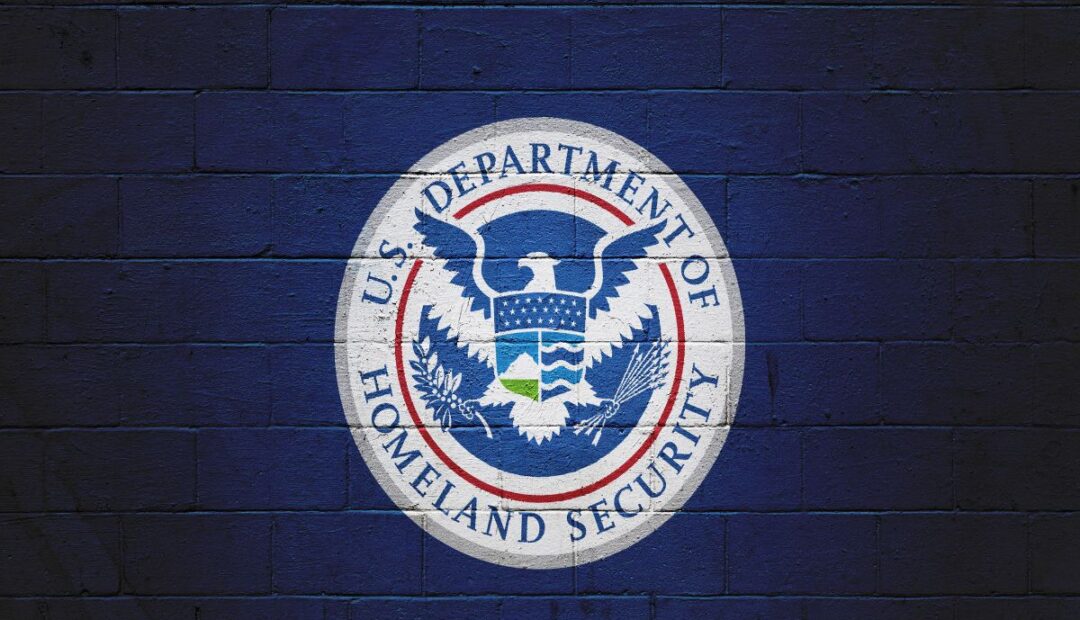DHS Clarifies that Guest Workers Can Request Deferred Action for Workplace Disputes

The U.S. Department of Homeland Security (DHS) recently announced enhancements to its process for supporting noncitizens involved in labor enforcement investigations. Specifically, noncitizen workers who are victims of or witnesses to labor rights violations can now access an expedited deferred action request process, effective immediately.
Previous DOL Guidance Offered Support for DHS Deferred Action
The U.S. Department of Labor (DOL) released new guidance for immigrant workers involved in worksite labor disputes, providing DOL support for these workers to receive immigration-related prosecutorial discretion from DHS. However, only DHS can provide immigration relief, and advocates were unsure how DHS would process workers’ requests for deferred action in this context without any further guidance from that agency.
New DHS Guidance Expedites Deferred Action Process
When an immigrant worker reports a labor violation to DOL, that agency provides them with a “statement of interest” or a declaration of support for their deferred action. The next step is for the worker to apply for deferred action from DHS. Under the new DHS guidance, U.S. Citizenship and Immigration Services (USCIS) will have a centralized intake process that allows quicker processing and allows workers and their representatives to bypass field offices. They also can simultaneously apply for deferred action and employment authorization. DHS also confirmed in its guidance that state and local agencies could support workers’ requests for deferred action, which is a crucial development since some states have broader worker protections than are available under federal law.
USCIS will consider each request for deferred action on a case-by-case basis, as has been its long-standing practice. Discretionary grants of deferred action typically last for two years and are subject to termination at any time. Individuals who are granted deferred action can also receive employment authorization, assuming they can demonstrate economic necessity. They also may qualify for subsequent grants of deferred action if a labor agency has a continued investigative or enforcement interest in the matter identified in their original letter supporting DHS’s use of prosecutorial discretion.
Critical Protections for Guest Workers
DHS also clarified that guest workers are eligible for deferred action under these circumstances, who are some of the nation’s most vulnerable workers. For instance, in the H-2A Temporary Agricultural Worker Program, the worker’s visa is connected to a single employer. If the employer engages in labor violations, the worker’s right to work in the U.S. depends on the employer, as is the worker’s housing, food, and transportation in many instances. As a result, these workers previously have been reluctant to report labor violations. Although hopefully, the new DHS guidance will encourage these workers to come forward when they experience labor violations, it remains to be seen how workers will learn about their legal rights and whether they will feel comfortable taking advantage of them.
Call Bashyam Global Today
For help with all your immigration law needs, don’t hesitate to contact our offices at (919) 833-0840 and see how we can help. We offer comprehensive legal representation for individuals, families, and employers in all types of immigration law cases.